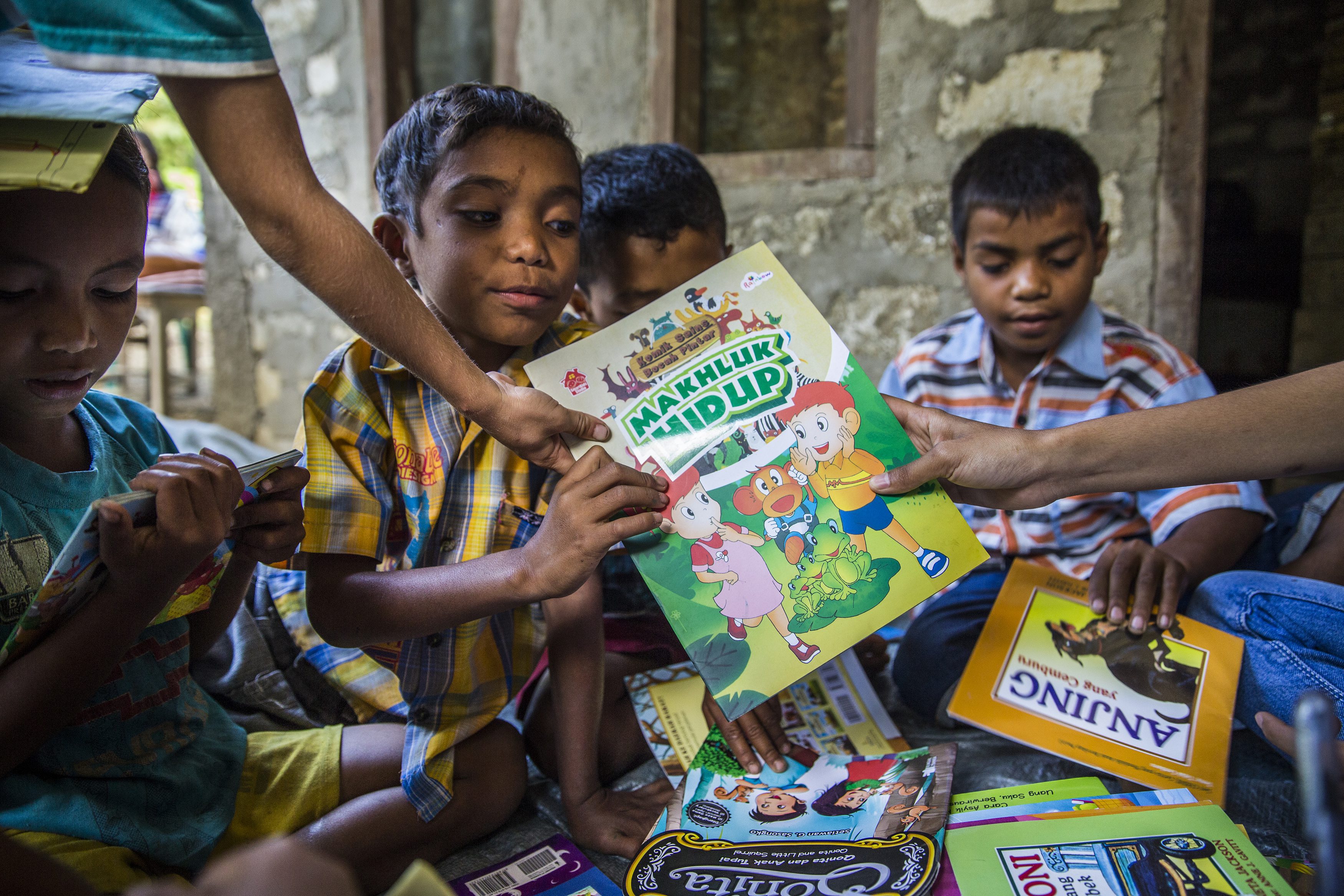More than 260 million children worldwide do not have access to schooling.
Education for every single child
We campaign for all children to have access to good-quality basic education, irrespective of their origin, gender or needs. We furthermore believe that the right to education also applies to children in emergency and refugee situations.
Our Vision
It is our vision for every child to benefit from high-quality basic education by 2030.
Education in crisis situations
Every child has a right to education. However, armed conflicts, wars and other humanitarian crises inhibit access to schooling for many. Almost half of all children affected by conflict cannot go to school. If you ask these children what their greatest wish is, they usually answer, “To go to school!”
Early childhood development
It is during the first few years of their lives that children develop the basic skills they need to succeed at school later on. It is our goal, therefore, to enable all children to realise their full developmental potential.
Early Childhood Development in Urban Informal Settlements and Slums The report highlights the need for a multilevel and multisectoral approach, including the involvement of the local community, the training/capacity building of caregivers, the cost-effectiveness and adaptiveness to local contexts. pdf - 9,13 MB
Projects in education
We help when children need us most
We do everything we can to ensure that the world's most disadvantaged children grow up healthy, learn and are protected. Every donation counts and is used where help is needed most urgently.

